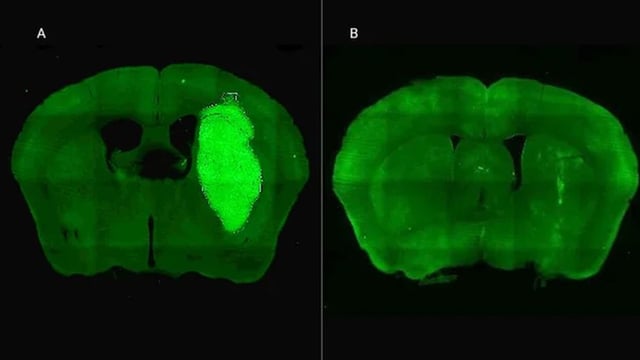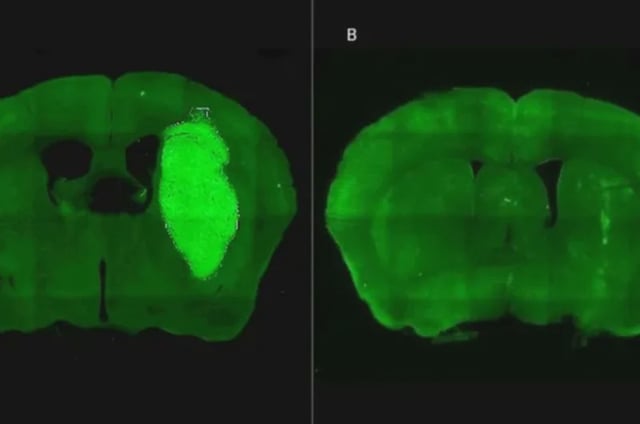Overview
- Researchers at CONICET identified the transcription factor Foxp3 as a therapeutic target in glioblastoma cells and used the membrane-permeable peptide P60 to block its activity.
- In vitro assays demonstrated that P60 delivery reduced glioblastoma cell viability and slowed tumor cell migration.
- Preclinical tests in murine models and patient-derived human cultures showed that P60 treatment enhanced tumor responsiveness to both chemotherapy and radiotherapy.
- The peptide also exerted direct antitumor effects by inhibiting endothelial cell proliferation, a key driver of tumor progression.
- The authors emphasize that further preclinical studies on antitumor immunity and vector safety are required before advancing to human trials.


